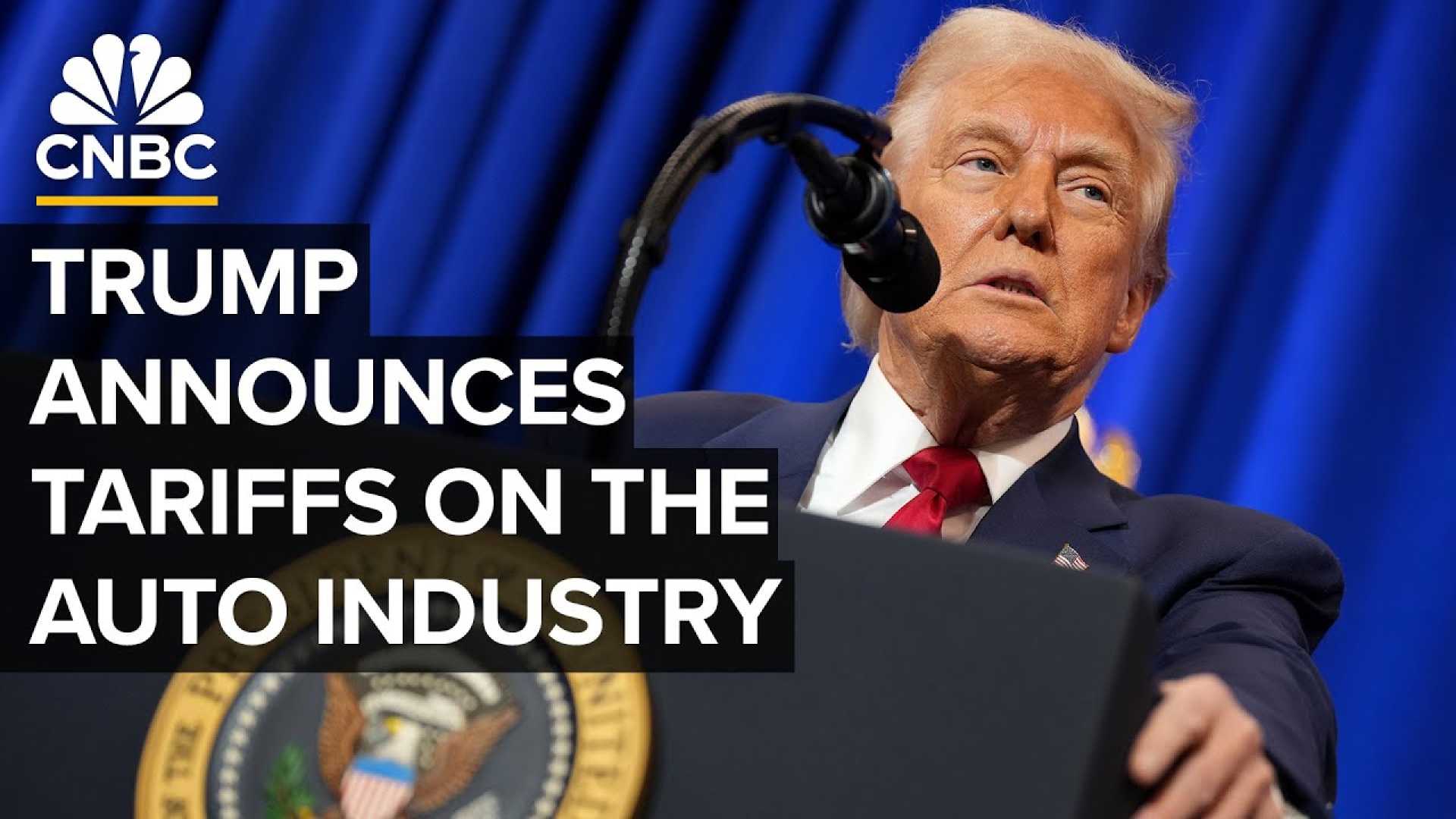Business
Experts Warn of Economic Impact from Trump’s New Auto Tariffs

WASHINGTON, D.C. — President Donald Trump announced on March 31, 2025, a series of tariffs targeting the auto industry that could significantly impact vehicle prices and manufacturing practices in the United States. The 25% tariffs on all imported cars, light trucks, and auto parts are set to take effect starting April 2, 2025.
Economic experts are already expressing concerns that these tariffs, which are intended to promote American-made vehicles, could have a “devastating” effect on the auto industry. According to Goldman Sachs analysts, nearly half of the 16 million cars sold in the U.S. last year were imported, amounting to a total value exceeding $330 billion.
Ilhan Geckil, senior economist at the Anderson Economic Group, stated, “Trump’s policies are protectionist and not free market.” He emphasized that companies must now adapt to this new economic landscape, prioritizing domestic production.
Some automakers, including South Korea’s Hyundai and Kia, are reportedly planning to ramp up production within the U.S. However, this adjustment may come at a cost. Geckil warned that as manufacturing returns to the U.S., consumer prices are likely to skyrocket. “A vehicle that costs $50,000 could see its price rise to $75,000 or $80,000 within a couple of years,” he added.
Previous estimates from AEG indicated that proposed tariffs would raise the price of vehicles assembled in North America by anywhere from $4,000 to $12,000, particularly affecting electric vehicles, which were expected to see even larger increases due to prior tariffs on steel and aluminum.
Ford CEO Jim Farley noted the significant impacts of the tariffs, stating in an email to employees, “The impacts of the tariffs are likely to be significant across our industry — affecting automakers, suppliers, dealers and customers.”
David Adams, president of Global Automakers of Canada, highlighted the integrated nature of the North American auto industry, which has thrived due to past pacts that facilitated duty-free movement of goods between the U.S., Canada, and Mexico. He warned that the new tariffs would adversely affect American suppliers, as many auto parts are sourced across borders.
Experts believe retaliation from affected countries is inevitable. Adams remarked, “Since Canada and Mexico are likely to retaliate, prices will almost certainly spiral further.”
The complexity of the auto production process means that tariffs on imported parts could result in unpredictable financial burdens on manufacturers. “It is highly confusing and complex,” Adams said, emphasizing that Trump’s perspective on the auto industry is too narrow.
Brett House, an economics professor at Columbia University, stated that much of the rationale behind the tariffs, particularly regarding issues like fentanyl trafficking from Canada, is based on inaccurate data. “The so-called data that the Trump White House has is absolutely false,” House remarked.
While Tesla may face some challenges, it is expected to be better positioned than other manufacturers due to its domestic production facilities. Elon Musk, Tesla’s CEO, acknowledged that the company wouldn’t be entirely insulated from the tariffs but still has a significant advantage.
Market analysts have noted the potential for further trouble ahead, particularly if European and Asian countries retaliate with their own tariffs. The impact on the overall auto market could be profound, affecting supply chains and consumer prices.












